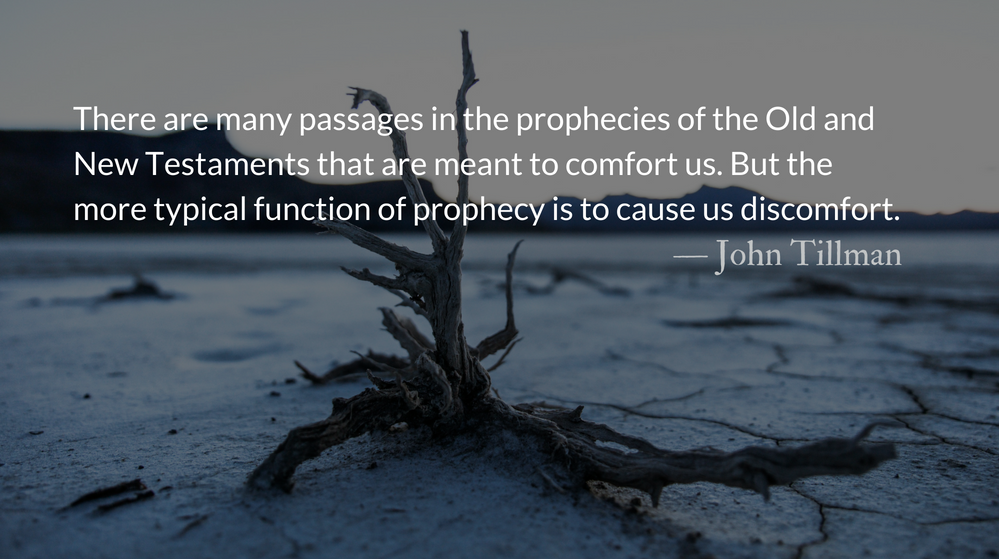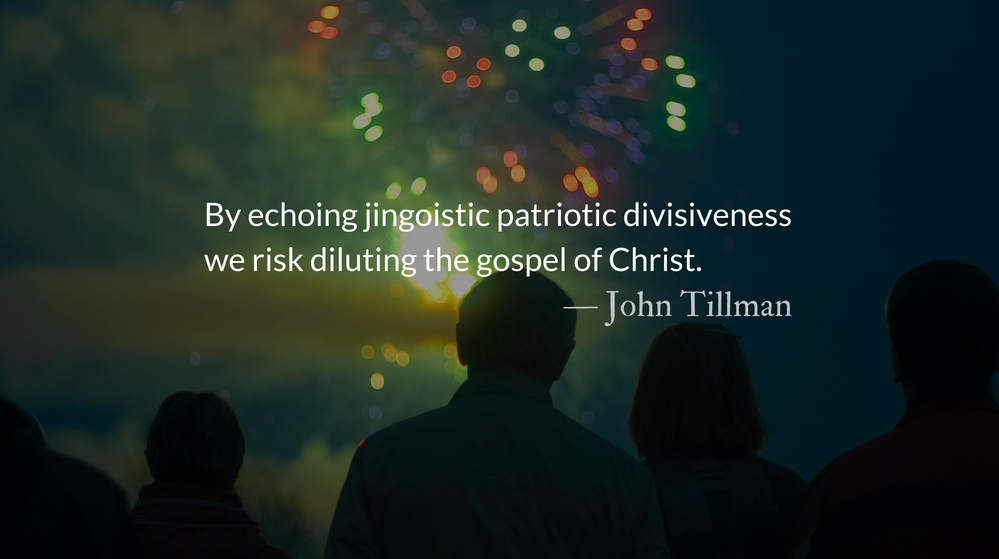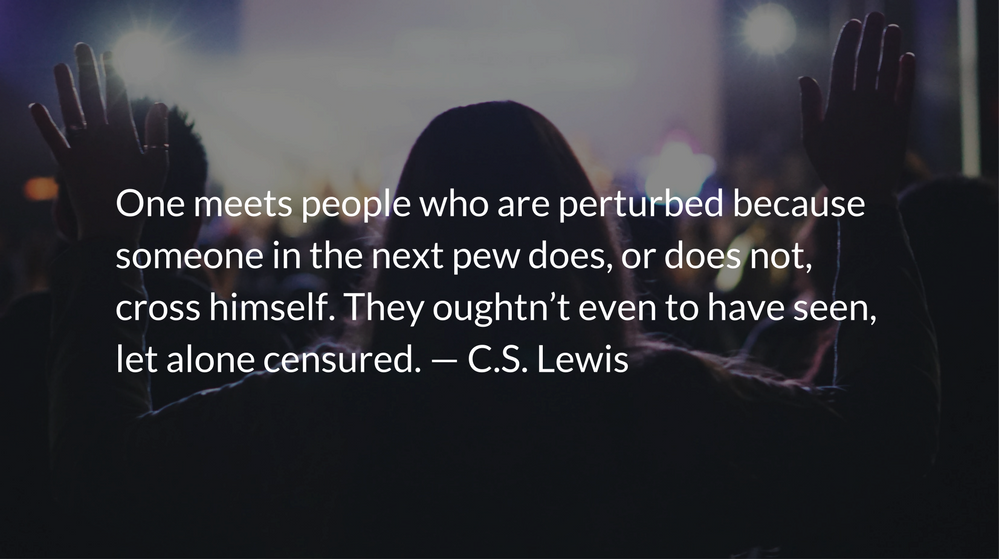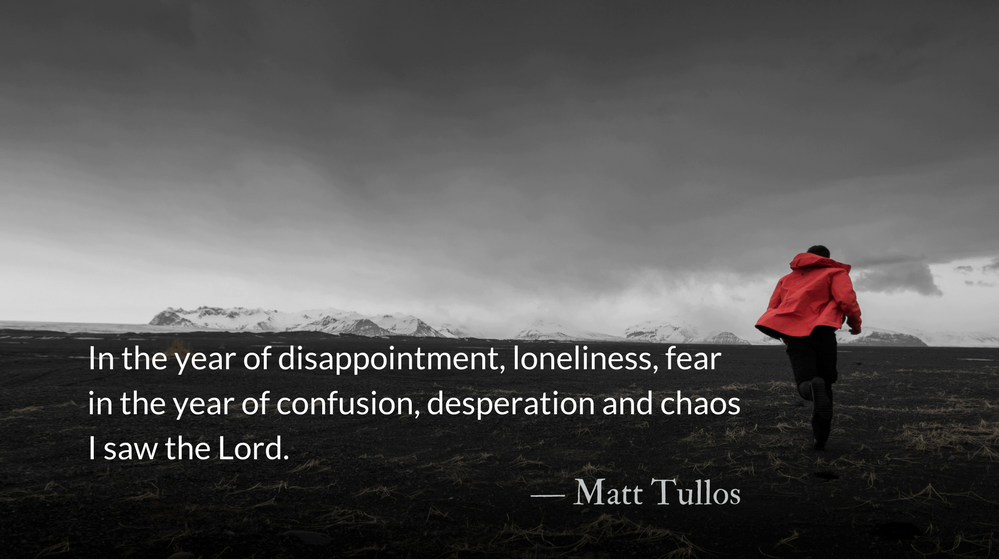Scripture: Ezekiel 8.6
And he said to me, “Son of man, do you see what they are doing—the utterly detestable things the Israelites are doing here, things that will drive me far from my sanctuary? But you will see things that are even more detestable.”
Reflection: Lamenting Our Detestable Things
By John Tillman
Ezekiel is an account of a priest removed from the temple he was to serve in and a prophet in exile from the land he is prophesying about.
Ezekiel was exiled to Babylon approximately 597 B.C.E., probably along with Jehoiachin and those who were taken at that time. Ezekiel is thought to have been a young man during the reforms of Josiah, where he would have seen the possibilities of a nation turning back to God and rejecting its entrenched idols.
Although it is possible Ezekiel saw the destruction of idols during Josiah’s day, he would also have seen them gradually returning to prominence and usurping the worship of God.
Just as ancients made idols from their environment—the sun in the sky, a stone from the ground, a tree from the forest—we make idols from our environment. Ours are less likely to be made of durable goods. We make idols out of people, pixels, programming, politics, or (the all-consuming god of materialism) profit.
Idols are an expression of our desire for control and self-reliance. They are fueled by our selfishness and self-importance. In response to idolatry, God leaves us without his presence—he gives us what we want and lets us fall into the ruin that we choose.
God tells Ezekiel that the detestable idolatry will cause him to move away from his temple. The very place God designed for people to approach him for the intimacy of prayer, repentance, and restoration, he abandons when the people brought gods to replace him. He exiles himself; then he exiles them.
Many have written about Christianity becoming a community in exile in a modern anti-faith culture. Part of being in exile is lamenting what has been lost. Some Christians settle for lamenting the loss of cultural power. But to join with God we must lament not the things we have lost but the sinful idolatry that caused God’s judgment. We must own our part of our culture’s and our nation’s sin.
Ezekiel had been removed from his place of service in the temple, removed from his country, but through lament, God came to him. No matter how far our culture drags us away from God and from scripture, if we seek him, he can be found.
Like Ezekiel, God will find us and God will speak to us when we lament our culture’s sins as our own.
Prayer: The Request for Presence
O Lamb of God, that takes away the sins of the world, have mercy on me. O Lamb of God, that takes away the sins of the world, have mercy on me. O Lamb of God, that takes away the sins of the world, grant me your peace. — Agnus Dei
– Prayer from The Divine Hours: Prayers for Summertime by Phyllis Tickle.
Prayers from The Divine Hours available online and in print.
Today’s Readings
Ezekiel 8 (Listen – 3:21)
Psalm 46-47 (Listen – 2:15)
Additional Reading
Read More about How to Read Prophetic Judgment :: Readers’ Choice
The best way to read prophecy is to imagine yourself not as the speaker, but as the spoken to.
Read More about Prayers God Hates
So what makes the temple a den of robbers? What makes prayers pointless—detested by God? (It’s not book shops in the foyer.)
Support our Work
Last month over 22,000 Park Forum email devotionals were read around the world. Support our readers with a monthly or a one time donation.











